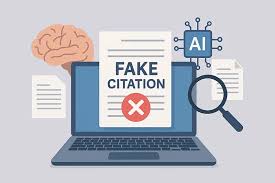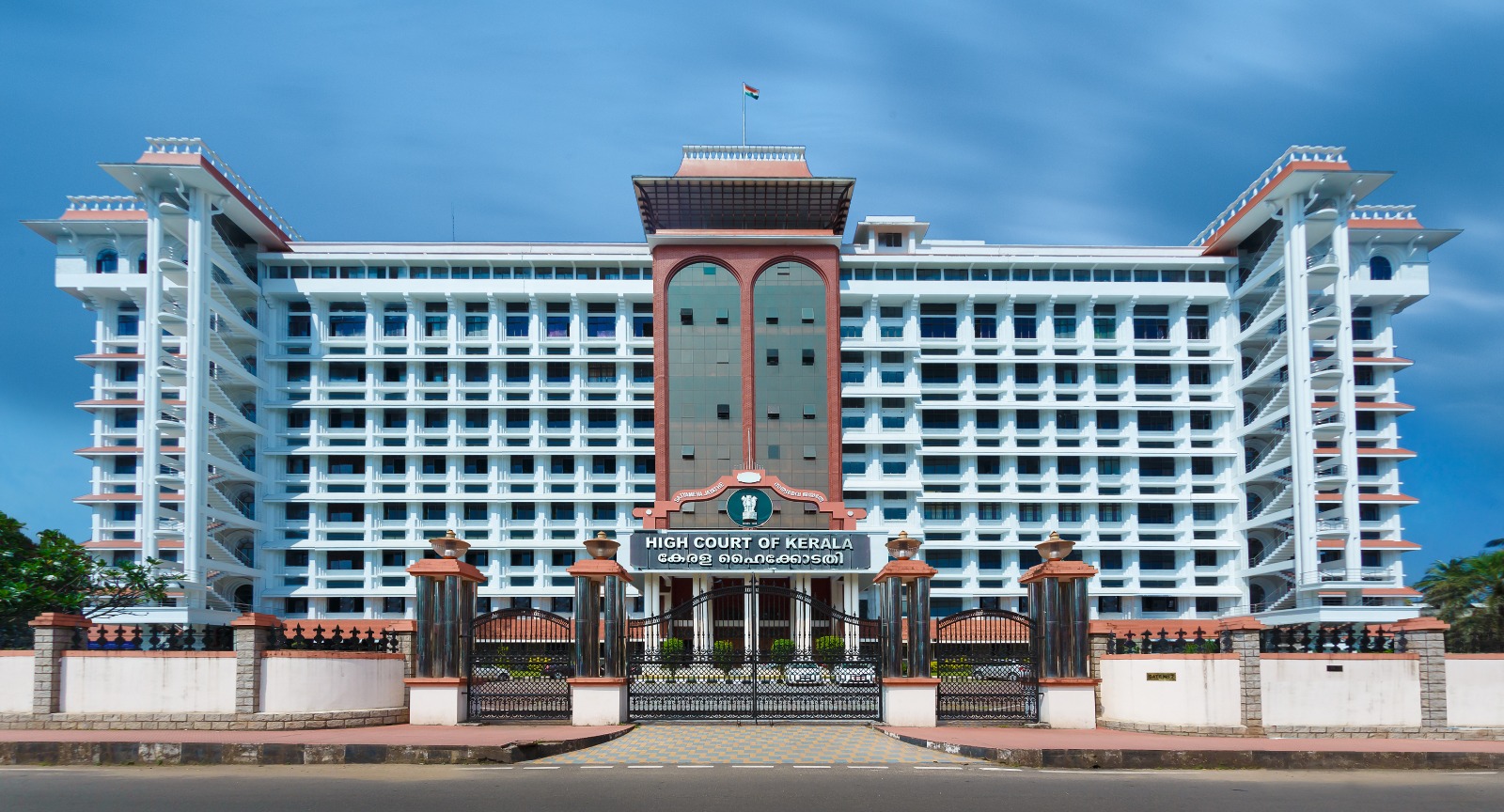Rajendra Chandra Singh Samant, J
1. This criminal revision has been brought challenging the order dated 25.11.2019, passed by the learned Special Judge (Prevention of Corruption
Act)/8th Additional Sessions Judge, Raipur, District â€" Raipur (C.G.) in Special Sessions Case No. 174 of 2017, dismissing the application filed by the
applicant under Section 227, 239 of the Criminal Procedure Code read with Section 19 of the Prevention of Corruption Act, 1988.
2. The applicant is being prosecuted in the Court of Special Judge, under the Prevention of Corruption Act. After filing of charge-sheet, on
27.08.2018, charges have been framed against the applicant under Section 13 (1) (e) and 13 (2) of the Prevention of Corruption Act, 1988. After
framing of charges, the applicant moved an application under Section 227, 339 of Cr.P.C. read with Section 19 of the P.C. Act, challenging the
validity of the sanction for prosecution, which has been dismissed by the impugned order.
3. It is submitted by the learned counsel for the applicant that after lodging of FIR against him on 14.01.2016 by the respondent, sanction for
prosecution was granted by the Managing Director, Chhattisgarh Tourism Board on 17.02.2017. Charge-sheet was filed against the applicant on
14.07.2017. The applicant preferred a Writ Petition (Cr.) No.302/2017, before the Single Bench of this Court for quashment of criminal prosecution
launched against him, which was dismissed by order dated 07.08.2018. Writ Appeal No.670 of 2018 was preferred before the Division Bench of this
Court, which has been decided on 05.03.2019. The learned Division Bench of this Court has observed that the applicant is not remedy less and he can
avail remedy within the frame work of law especially under the Code of Criminal Procedure. S.L.P. that was filed before the Supreme Court has also
been dismissed.
4. It is submitted by the learned counsel for the applicant that the application filed by him has not been decided on merits. Only consideration given by
the learned Special Judge is this that after framing of charge and plea of innocence of the accused, the case is being fixed for prosecution evidence.
The learned trial Court has observed that sanction for prosecution under Section 19 of P.C. Act can be challenged at any stage, but after the framing
of charge, the stage of discharge has passed, hence, only for this reason, this application was rejected.
5. Reliance has been placed on the judgment of Supreme Court in case of Nanjappa Vs. State of Karnataka, reported in (2015) 4 SCC 186, in which it
was held that the question regarding validity of sanction can be raised at any stage of the proceeding and that the Special Court has power to pass an
order at whatever stage of the proceeding, that the prosecution is not maintainable. It is submitted that the learned Special Court has failed to exercise
the jurisdiction vested in it, therefore, the impugned order suffers from infirmity, which may be set-aside and the Special Court may be directed to
decide the application of the applicant under Section 227 and 239 of Cr.P.C. read with Section 19 of P.C. Act on merits.
6. Learned State counsel opposes the revision petition and the submission made in this respect. It is submitted that the applicant had challenged the
validity of the sanction in W.P.(Cr.) No.302 of 2017 and that was dismissed after giving consideration on all the grounds raised by this applicant vide
order dated 07.08.2018. Writ Appeal No. 670 of 2018 against the order dated 07.08.2018 has also been dismissed by the order dated 05.03.2019 and
the SLP before the Supreme Court has also been dismissed. Hence, the challenge of the applicant on the ground of validity of the sanction order for
prosecution has already been decided and therefore, there was no reason to raise it again before the Special Judge. The petition filed is without any
merits, which may be dismissed.
7. In reply, it is submitted by the counsel for the applicant that in the order dated 07.08.2018 passed in W.P.(Cr.) No.302 of 2017, the applicant was
given liberty to raise the objection again at the later stage and it was observed that the petition filed was premature, therefore, the application was filed
before the Special Court raising the objection on the validity of the sanction order. The competence of the sanctioning authority is doubtful, because
the prosecuting authority had separately sought sanction from the State Government regarding which communication dated 17.10.2016 was sent to the
respondent vide Annexure R-1. Hence, the petition be allowed and the direction be issued to the Special Court to decide the application filed by the
applicant on merits.
8. I have heard the learned counsel for the parties and perused the documents placed on records.
9. This Court had in W.P.(Cr.) No.302/2017 decided on 07.08.2018 has held in paragraph 11, 12, 13, which is as follows :-
“11. Further, likewise in case of R. Venkatkrishnan v. Central Bureau of Investigation it was laid down that even if a person who is not competent
to pass the order of sanction, the prosecution would still rely on the said sanction under Section 19(3) of the P.C. Act as the petitioner has to show
there has been a failure of justice in a particular case or there is error in the orders.
12. It may happen in a particular case that a person may accumulate mass in a Department 'A' over and above his source of income and thereafter on
transfer or absorption to Department 'B', he do not accumulate any property over and above his source of income. Then in such situation, will it be the
Department A, which could alone grant sanction for prosecution ? The answer certainly would be in negative. To clarify the situation relevant part of
Section 19 of the P.C. Act which deals with part of sanction are reproduced here under :
19. Previous sanction necessary for prosecution â€" (1) No court shall take cognizance of an offence punishable under sections 7, 10, 11, 13 & 15
alleged to have been committed by a public servant, except with the previous sanction â€
(a) in the case of a person who is employed in connection with the affairs of the Union and is not removable from his office save by or with the
sanction of the Central Government, of that Government;
(b) in the case of a person who is employed in connection with the affairs of a State and is not removable from his office save by or with the sanction
of the State Government, of that Government;
(c) in the case of any other person, of the authority competent to remove him from his office.
Reading of aforesaid section makes it clear that where a public servant is working lastly the authority competent to remove him from the office can
also be the authority who can grant a sanction for prosecution.
13. It has been contended by the respondent No.4, Chhattisgarh Tourism Board, that the petitioner was absorbed in the Department of Tourism on
19.02.2008. The document prima facie has been also placed on record. In the light of aforesaid absorption letter if the provisions of Section 19(1)(c)
are looked into it lays down that sanction can be given for prosecution under the P.C. Act when the authority was competent to remove and the
sanction can be granted under Section 19 of the P.C. Act. The petitioner having absorbed in the Tourism Department, the petitioner could have been
removed by the authority i.e. Managing Director. This can also be looked from the other angle. If a particular person passes through different
departments on deputation or otherwise and during such tenure of job in different department accumulates properties more than from his known
source of income, which gives rise to the setting into motion, Section 13(2) of the P.C.Act then in such case it would be too technical to hold that no
department could allow the sanction under Section 19 of the P.C.Act as different tenure was at different department were spent and the department
could not ascertain during which tenure the properties were gathered. In such analogy the entire object of P.C. Act would be defeated.
10. It is further clear that this order has attained finality after dismissal of the writ appeal before the Division Bench of this Court and after dismissal
of SLP before the Supreme Court. Therefore, the objection that has been raised by the applicant before the Special Court by filing application under
Section 227, 239 of Cr.P.C. read with Section 19 of the P.C. Act, was not at all entertainable. Although the Court has not expressed in many words
the clear reason for dismissal of the application, but after the decision of the High Court in W.P.(Cr.) No.302/2017 on this point, the learned Special
Court was not competent to entertain and decide the same objection again in accordance with the judicial propriety and judicial discipline. Hence, this
Court is of the view that no error has been committed by the Special Court and the impugned order does not suffer from any infirmity.
11. In the result, this criminal revision is without any substance, which is dismissed accordingly.

